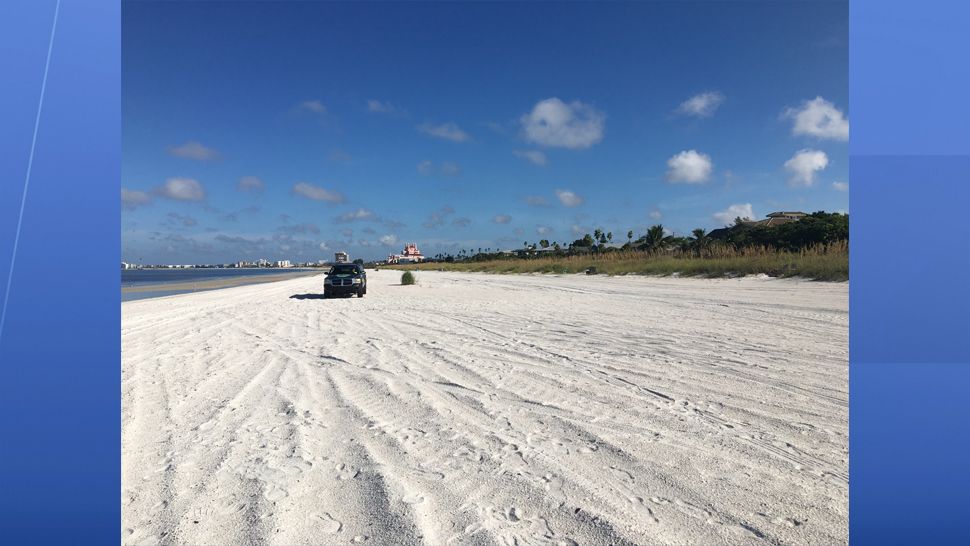PINELLAS COUNTY, Fla. — Sea turtle nesting season is coming to an end. Thousands of baby sea turtles have made their way out to the gulf. Even though our coast is being impacted by the red tide bloom which has killed hundreds of thousands of seas animals, it's likely the babies will survive.
- Sea turtles likely to survive red tide, officials say
- No signs of dead baby sea turtles washing ashore
- Info on the statewide sea turtle conservation effort
"They most likely won't eat for about two weeks," said Bruno Falkenstein, a volunteer with Sea Turtle Trackers, Inc.
He's been monitoring sea turtles for 40 years. He says this means they won't ingest infected fish. Instead, they will head straight out to their new home.
“Anywhere from 50 to 100 miles out. It’s a thick bed of grass. There’s shrimp, there’s small baby fish, there’s all types of marine life," said Falkenstein.
There are also less predators to eat them since the bloom has killed so many fish. Falkenstein says dead baby sea turtles haven't been washing ashore, which is another sign they're surviving.
Dead adult sea turtles have been found along the coast since the bloom began impacting the gulf. Researchers can't say for sure if the red tide killed them yet, but volunteers and scientists are continuing to monitor the baby sea turtles on the beach.
“Monitor the beach, monitor the babies and make sure they make it to the water," said Falkenstein.



